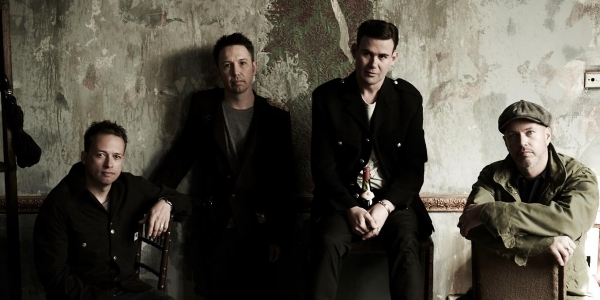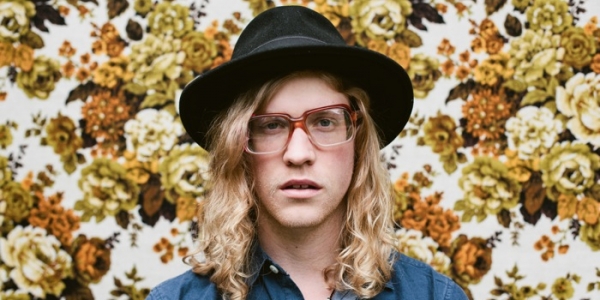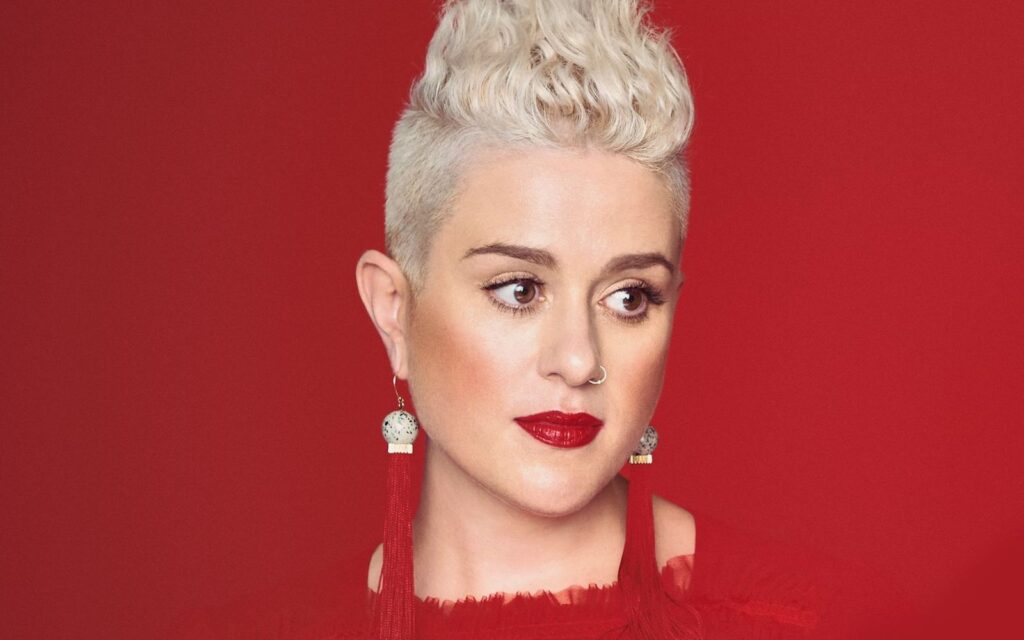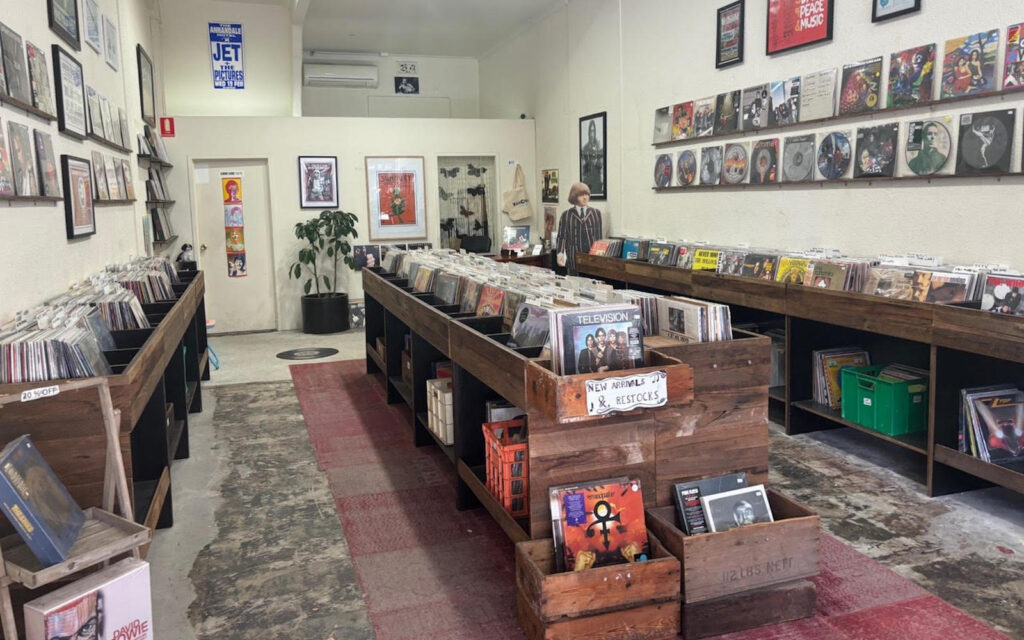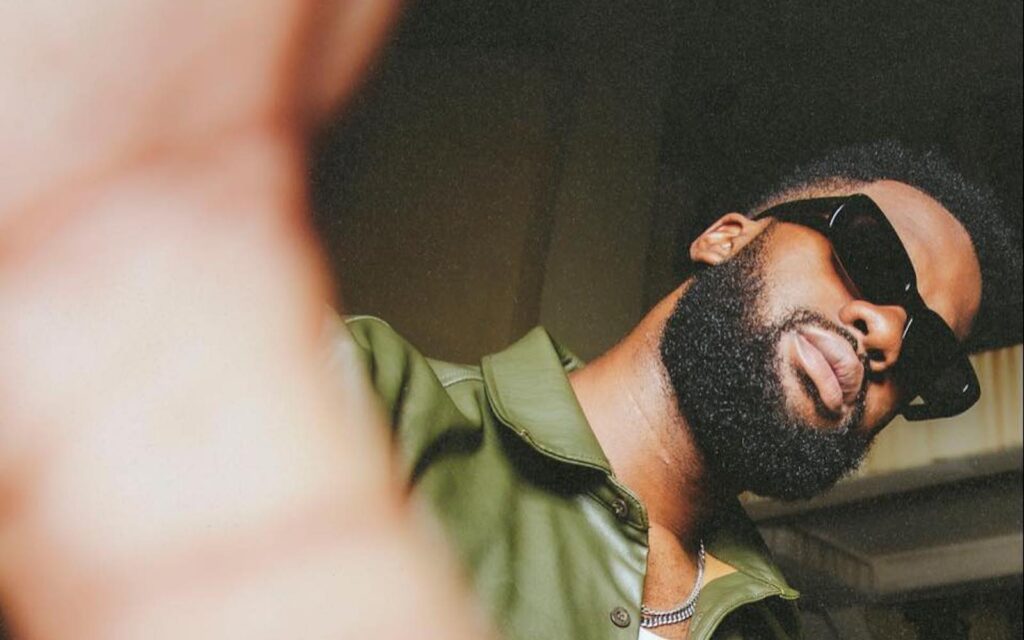“We’re playing for a reasonable amount of time. We’re doing 90 minute sets now, which is a little bit more exhausting.”
Released in late 2012, Black Rabbits continues with the cleaner textures heard on preceding LP Six to Midnight and displays an averred incorporation of positivity. Understandably, the band are looking to emphasise tunes from Black Rabbits in the setlist, but this doesn’t mean the angst-driven material on their early albums has been left out.
“We want people to come along and get a bit of each record. We’re opening with songs we’ve never played, we’re playing album stuff we haven’t played for a number of years from older albums, plus doing a chunk of Black Rabbits. We feel it’s a bit unfair to our old fans if we just played all Black Rabbits stuff.”
Often bands seek to bury songs written in their nascent years and spurn fan insistence to revisit their younger selves. However, Jamieson doesn’t view any of the early Grinspoon material with embarrassment.
“It’d be a bit annoying if you took it that seriously that you hated songs you’d written. We really wanted to play these songs, not particularly because fans wanted to hear them.”
Jamieson’s attitude suggests that no Grinspoon song is likely to get absolutely tossed away, but it’s still unlikely the setlist would include something they feel no present connection with. Nevertheless, he explains the fluctuating tides of creative identity mean that older songs can return to relevance at any time.
“We’re doing a song called Freezer off Licker Bottle Cozy, which was released in 1996. It’s a very, very fast punk rock song, which weirdly aligns with Black Rabbits.”
Something unique about Grinspoon is their history of consistently drawing big crowds in smaller regions outside of the major Australian cities. There aren’t too many bands in Australia who have such a firm following in regional areas, however, Jamieson doesn’t detect much of a distinction between the people who inhabit the various locales.
“In all honesty I really don’t think there’s any difference between people. It doesn’t matter if you live in the city or live in the country, if you go and play there they’ll probably like it, depending on the venue. Maybe in the country they’re a little bit excited about it, whereas there may be a certain area of nonchalance in Melbourne specifically. In general people are pretty much just people.”
Grinspoon formed in Lismore in the early ‘90s and Jamieson explains that their regional origins made the decision to play in obscure areas before reaching bigger cities fairly straightforward.
“For us to tour in Sydney, Melbourne and Brisbane we would be driving from Lismore so therefore we’d try to hook up dates along the way to pay for petrol. Because we’ve always been doing it or supporting bands that did it back in the day as well, Newcastle was always our first port of call and Wollongong and Geelong and those kinds of places, and we just kept doing it.”
A general claim of many commentators on the Australian music scene is that the touring circuit is basically limited to the capital cities. Grinspoon’s approach proves that if you attempt to play in country areas people will come to see you.
“I think there’s a number of bands that could pull a crowd in regional areas but they don’t go there. This isn’t a huge monetary thing – we’re not rolling in cash, laughing our way to the bank – Grinspoon love touring, we love playing live and essentially it enables us to do it. That’s kind of what we do and we’re reasonably good at it I think. Whether it be to five people or 500 hundred people, it doesn’t really matter,” says Jamieson.
Jamieson denies there’s a noticeable difference in atmosphere and attitude when playing country clubs as opposed to playing the flashier city theatres, however there is one occurrence at bigger city gigs that stands out.
“The only difference is, and I can tell you this for a fact because we just played The Metro Theatre in Sydney on Saturday night, there’s about a thousand people at the end of the show trying to steal your drink rider. In the country there’s none of that. We finished the gig at The Metro Theatre and I went up to hang out with Kingswood after we finished playing, to tell them they were a great band and I really enjoyed the show that night, and you couldn’t actually get into the bandroom; it was literally packed. But that’s not going to happen in Wagga Wagga, because we don’t know anyone in Wagga Wagga, we’re just going to play the gig and not have any people coming backstage.”
BY AUGUSTUS WELBY
